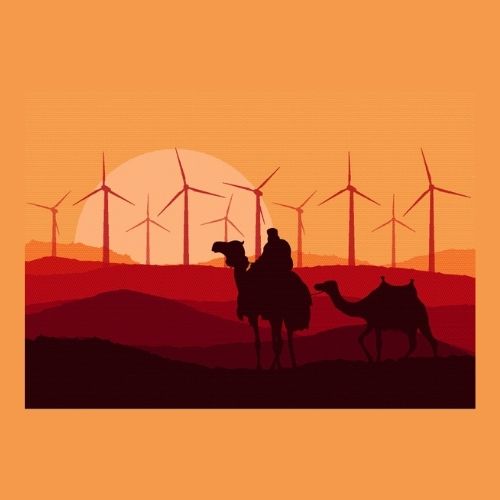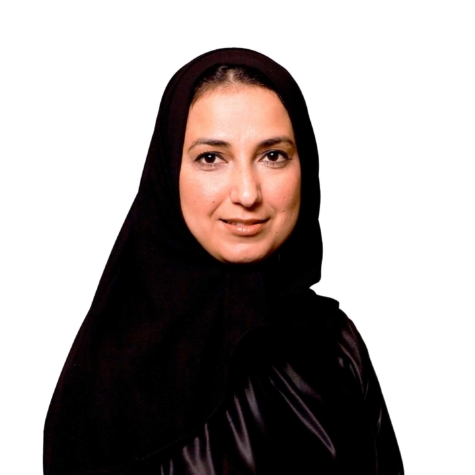Though blessed with a wealth of natural energy reserves, the Middle East has placed a major emphasis on an energy transition driven by renewable solutions. But why? And how are the region’s governments updating their energy policies and practices as countries around the world implement tighter controls on energy imports to reduce their reliance on the Middle East’s big exporters?
- Find out how the countries are development state-of-the-art renewable energy solutions for global markets
- Get to know what the energy transition means for the economics of the region
- Learn about the policies that are accelerating renewable energy adoption in the region and beyond
The Middle East’s role as a global energy supplier is more critical today than it has ever been. As energy demand increases, there is necessary pressure to decarbonize the economy and slash CO2 emissions. As such, the hydrocarbon-rich nations are making extensive investments in new, clean solutions to diversify their energy offering and meet international demand.

